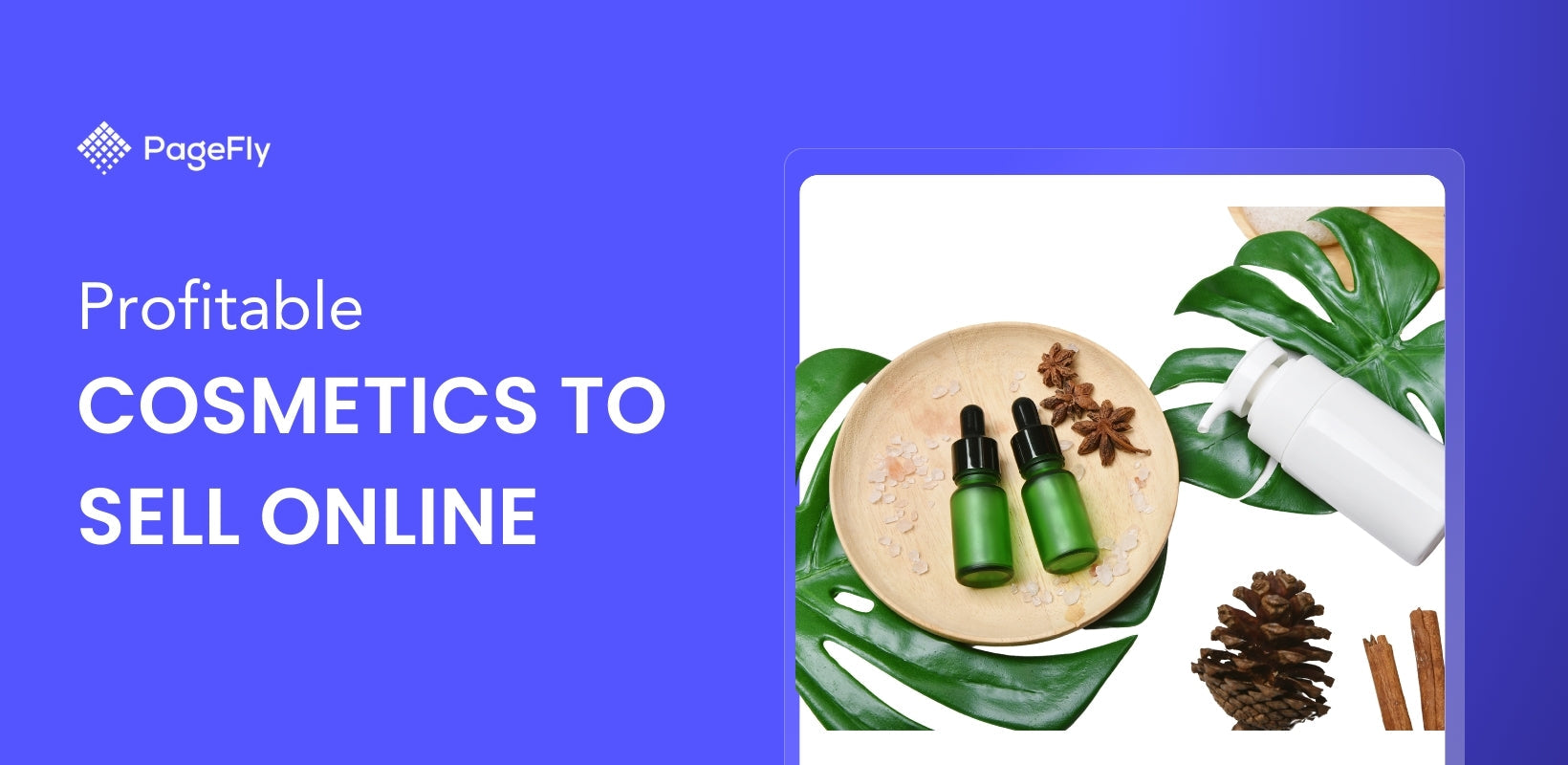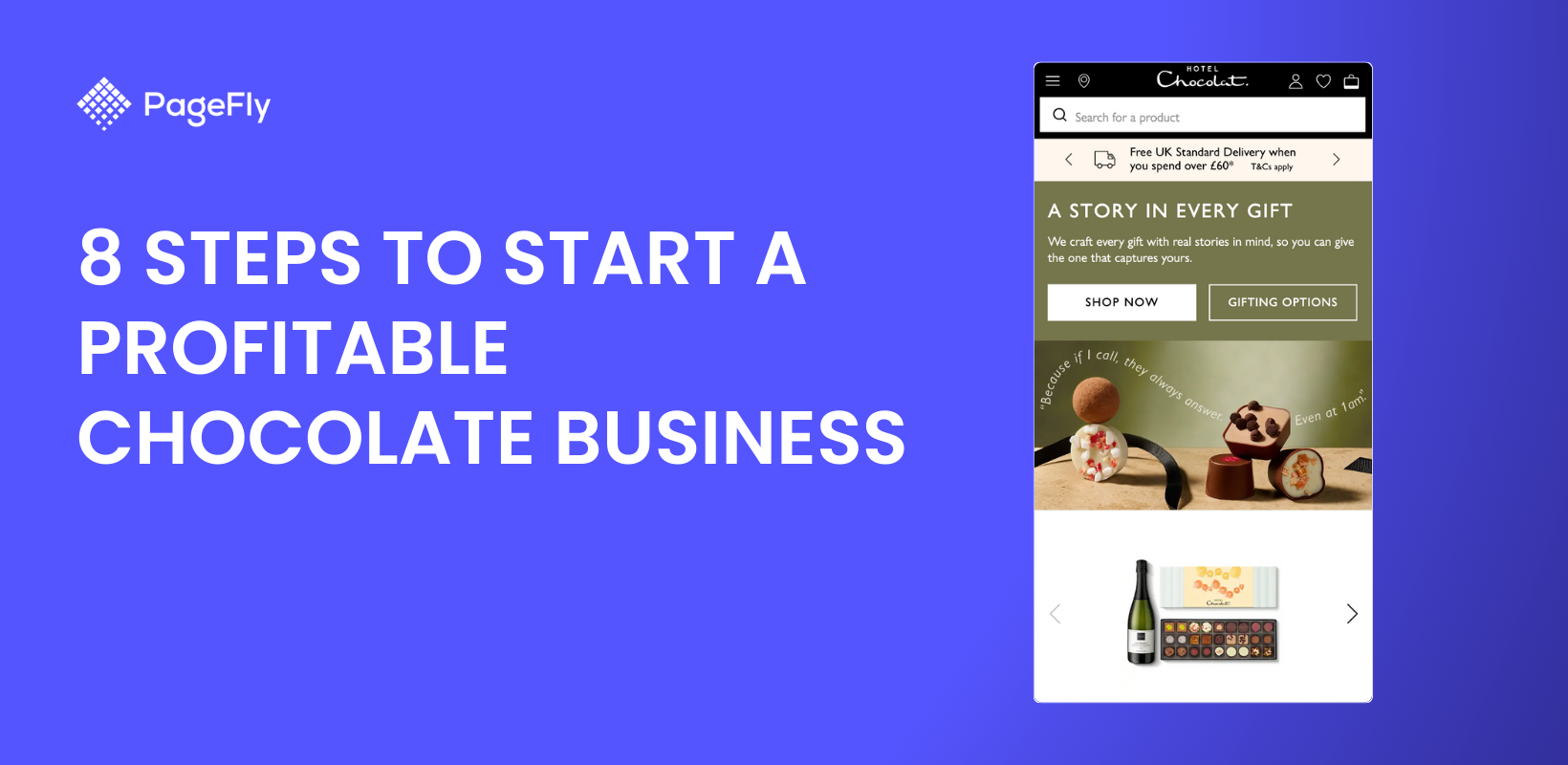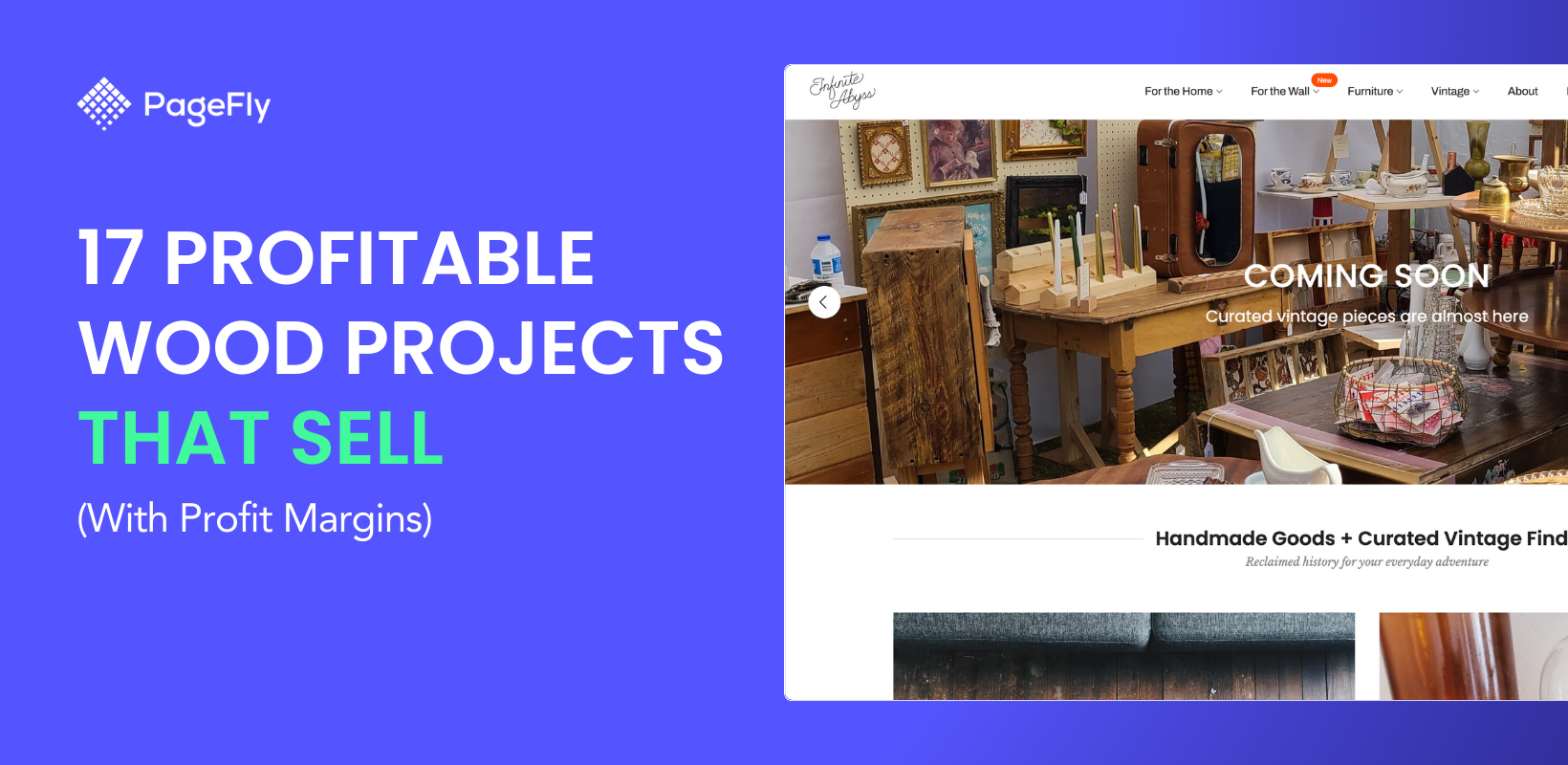Fulfillment is a core part of ecommerce success because customers need to get the correct order at the right time, or you'll face poor reviews, demands for refunds, and future sales losses. We all hear that it's cheaper to keep an existing customer than find a new one, and fulfillment is one of your best weapons to help people stay and buy again.
Getting fulfillment right is a challenge, especially for young ecommerce stores, startups, and those growing beyond their first warehouse space. When getting orders out the door becomes a challenge that harms customer service, it's time to consider outsourcing.
We've put together a list of 12+ ecommerce fulfillment and third-party logistics companies (3PLs) that can help safeguard your products, grow revenue, and keep customers smiling.
But first, what are the differences between Fulfillment Service and Dropshipping Suppliers/Dropshippers - aren't they all to handle the shipping and packaging for you?
Not quite - let's get to the details:
Dropshipping Suppliers vs Fulfillment Services
01. Key Differences
- Fulfillment Services: You manufacture and send your own products in bulk to a fulfillment center - once you get sales, the product from your inventory in this center will be picked, packed and shipped to your customers, for you. Order fulfillment companies are not the manufacturer or the suppliers of your products.
- Dropshippers: You sell products that are not manufactured by you - once a customer places an order, the dropshipper picks the products from your manufacturer, packs and ships them to your customer. Most of the time, the supplier/manufacturer is also the dropshipper.

02. Which One Should You Use?
- eCommerce Fulfillment Services: Retailers/eCom Business Owners who have their own products, have capital capacity to invest in large upfront inventory purchase (it will cost you to place your products to a fulfillment center) and want to reduce the overhead cost.
- Dropshippers: Retail businesses who don't want to keep the products they sell in stock and want to sell various niche products.
Now the differences are out in the light, let’s take a look into the top eCommerce Fulfillment Companies.
Recommended: How to Get Funding from Shopify Capital for your Online Store
01. eFulfillment Service (EFS)
Ecommerce companies can also look at smaller service providers as they grow, starting with companies like eFulfillment Services (EFS).
EFS keeps its promises and fee structure simple and clean

Pros:
- EFS is a strong fulfillment contender for beginning e-commerce businesses because it doesn't have a minimum order requirement or fees around long-term storage.
- The platform is intuitive and straightforward but also reliable enough to understand your business at a glance.
- Generally, its pricing is affordable, and you've got good terms for your business. It also offers prep work for Fulfillment By Amazon to help you sell Prime goods.
- EFS has free offers if you aren't ready to spend on some website integrations, such as a shopping cart tool. Its customers say that getting the shopping cart integration running is simple and EFS has a friendly in-house IT team that gets high marks for customer service. When you're hitting that first growth phase, partners like EFS can help you maintain momentum and continue to scale.
Drawback:
The drawback to EFS and similar tools is that they're focused on smaller ecommerce stores. So, you might find that you outgrow its capabilities or need more features in order to expand. EFS doesn't offer custom packaging support and has limited reporting tools, for example. While it can handle larger volumes and businesses, you won't be its primary focus and may not get access to tools designed for your size.
02. ShipNetwork
ShipNetwork, formerly known as Rakuten Super Logistics, works with clients who ship at least 1,000 orders per month, making them a smart partner for mid-sized and growing eCommerce stores. Their focus is often on enterprise brands, making their service appealing if your store is large or if your partners and customers tend to be in the B2B and enterprise space.

Pros:
- ShipNetwork stands out in our list by offering customers some marketing services alongside its shipping capabilities. It integrates well with a variety of merchants and marketplaces, allowing for customized ads in those locations when available.
- Integrated with most ecommerce platforms: ShipNetwork provides easy integration with Shopify, Magento, WooCommerce, and others.
Having multiple warehouse locations makes it easier to reach your customers faster
- ShipNetwork has a dozen fulfillment and logistics warehouses, giving them two-day coverage of 98% of the continental U.S. via ground shipping. It promises a 100% order turnaround by the next business day. You can also find some advanced fulfillment options such as climate control storage for sensitive products like electronics and musical equipment.
Drawback:
Downsides to the service include a lack of fulfillment centers in other countries – usually common with freight-focused 3PLS – and some missing options such as custom packaging. Surprisingly, the Rakuten Americas marketplace closed in September 2020, and it's unclear if this will have a broader impact on the company's offering. Some customer reviews note difficulty with getting support and trouble with more complex integrations.
03. Red Stag Fulfillment
Many third-party logistics companies focus on specific markets and product types, even if they can handle all kinds of products. Red Stag Fulfillment is one such company, prioritizing the shipping of large and heavy items, such as furniture. It consistently wins awards for fulfillment in these categories.

Pros:
- Carrier discounts specific to large, heavy, and high-value products by working in this area. Its staff also provides ways for customers to reduce shipping costs by controlling for dimensional weight.
3PLs should offer you comprehensive guarantees and explain how they deliver
- Red Stag offers two warehouse locations that can reach 97% of the U.S. within two days, and the company expects to scale its faster delivery options in the coming months. The company backs its delivery time with shipping and order completion guarantees. It also provides an accuracy guarantee backed by payments to your company when an order is sent out incorrectly.
- Video monitoring and product scanning procedures for significantly reducing shrinkage compared to in-house operations.
Drawbacks:
However, Red Stag Fulfillment is not the best choice for companies with small and lightweight products. It may be a more expensive solution if you have low sales volumes as well. While it integrates with platforms like Shopify, it does not integrate with some retailers such as Walmart.

04. ShipBob
ShipBob is a top ecommerce fulfillment company because it is well-known and supports a broad range of products and services. Users rate its customer service highly and often mention it has more affordable rates than many other ecommerce logistics providers. It's a strong choice for companies that do a lot of business with individual consumers but may not be the best option for ecommerce brands in the B2B space or if you make a lot of Amazon sales via the Fulfilled by Amazon program.

ShipBob's typical shipment is lightweight and ranges up to 20 pounds, but the 3PL says it will also handle larger items as needed. You can supply it with branded packaging for your products, or it'll ship your goods in free packing supplies such as plain boxes, tape, and inserts.
Ecommerce fulfillment may not have many steps, but it's essential to get each correct
Pros:
- The service provides a variety of integration tools and real-time inventory and order tracking within its system. You can also use a single dashboard for reviewing orders across multiple channels. It's one of the more affordable options and likely directly integrates with the platform you use to manage your store.
Drawbacks:
- What may make you need to look elsewhere is that ShipBob has a small set of advanced product support, such as not offering refrigeration services. It also focuses heavily on shipping to end-consumers at residential locations, so you might not have all the delivery features you need for advanced B2B delivery.
05. ShipMonk
ShipMonk offers three warehouse locations to help speed products to customers, and it is a growing ecommerce logistics partner in many spaces. The most significant area seems to be its subscription box fulfillment services that start at about $2 per box, though you can get its baseline cost down once you start filling thousands of monthly orders.

Pros:
- ShipMonk offers consulting services, help to create a subscription offering, and then full assembly and shipping once you're ready. They're focused on startups, so its team will do much of the heavy lifting and allow you to pick what works best for your customers and budget.
Specialization allows 3PLs to serve specific customers best, keeping everyone happy
- Customers are happy with its integration capabilities for most major platforms, though it doesn't support some website creation tools such as Wix. The service is consistently rated well for its customer service and support teams, especially on the IT side of things, across its call, email, and chat channels.
Drawbacks
- For standard ecommerce fulfillment, their prices are a little higher than others at lower order volumes. However, that's balanced by tools such as their retail-specific fulfillment offering.
- It might be somewhat of a niche player, but that can help startups and new businesses. By supporting things like the fulfillment of Kickstart projects or Groupon offers, you can avoid many hassles associated with those types of crowdsourced products.
06. Amazon FBA
Amazon's Fulfilled By Amazon program is a way for you to sell goods on Amazon and other platforms while also getting access to Amazon Prime shipping speeds and discounts. Adopting FBA will give you some protections and move elements such as customer support over to Amazon. However, you will need to maintain high levels of quality and user reviews to keep the FBA service.
Customers like FBA because it gives them access to their Prime membership benefits on your goods. You may like it because Amazon can support a wider range of products and generally meets their shipping promises. While it has one of the more complicated pricing schemes of the 3PL services we're looking at, it can be worthwhile for either high-volume inventory or high-margin goods.

You can use FBA to handle your inventory and fulfill orders on other platforms, such as your own Shopify store. There is some integration to work to do. You might run into some restrictions, such as Shopify's built-in Fulfillment by Amazon integration being restricted by how you set your store's currency. Other integrations feel half-complete, so you'll need to manually check things or perform tasks, such as canceling FBA order fulfillment in Amazon's portal when a non-Amazon order is canceled.
Many brick-and-mortar stores use FBA as a backup for their physical retail.
Your fulfillment partner should make it easy to understand the cost of their service
The core downsides to FBA come with inventory management. Amazon requires significant and specific prep work for FBA support. Depending on your team's warehouse and packaging skills, you might find it more affordable to have another company do this work for you, which is one reason brands like EFS offer FBA prep services. Amazon's fee structure also tends to change regularly, making it hard for some to forecast costs. And finally, losing access to your Amazon seller account due to poor product reviews or other issues can lock you out of the program and make it difficult to get your inventory back for sale elsewhere.
Struggles with meeting onerous demands often lead companies to consider alternatives to FBA.
07. RubyHas
Listed as a Fortune5000 company, RubyHas has an impressive track record - with over 99% on-time shipping, 400+ customers and has fulfillment centers in 06 locations. They recently announced their new Las Vegas fulfillment center covering an area of 374,000 square foot built-to-suit location, featuring automation and climate control technologies ideal for health and beauty brands and other climate-sensitive vertical.

Pros:
- Same day fulfillment and shipping available - they pride themselves on the capacity to provide same-day shipping for all orders received before 2pm from all of their US fulfilment center locations.
- Subscription boxes supported and extensive integration with most ecommerce platforms and marketplaces.
- Return Management: They can handle return with high efficiency and good customer service - easing retailers the burden of dealing with difficult return orders.
Drawbacks:
RubyHas pricing might be a bit too complicated to customers since there have been complaints about the hidden fees when working with RubyHas. As a growing company, they recently acquired EasyPost - - a different ecommerce fulfillment service and since their inventory and fulfillment system are not 100% efficient - so there have been cases of reported errors in order management from RubyHas.

08. FulfillmentBrigde
With the headquarter located in Hongkong, Fulfillment Bridge aims to serve global customers. As a relatively young (just 3 years!) ecommerce fulfillment company, the solutions they pride on are rather impressive.

Pros:
- Fulfillment Bridge has a growing network of warehouses and centers spanning across 04 Continents and over 14 countries - namely Hong Kong, United States, France, Italy, Australia and China.
- Simple and easy-to-use management dashboard that integrates with most ecommerce platforms, including Shopify and Pretashop.
- Affordable warehousing and shipping, with powerful order and inventory management software.
- Clearly laid-out pricing plans and pricing options.
Drawbacks:
However, as a young company, Fulfillment Bridge is not the best choice for big companies with huge amounts of orders needed to be processed. Their customer support has not been refined so there have been complaints about the lack of fast support.
09. Fulfillman
Often named as one of the best dropshipping companies, Fulfillman also provides fulfillment services - partnered with Amazon, Fulfillman can manage your inventory for Amazon FBA in all capacities and meet the requirements 100% of the time. Including sourcing, inspection, prep & packaging, and storage services. They also provide branding and photography services.
Despite the limited integration options (Shopify, Amazon, WooCommerce, BigCommerce and Ebay) - Fulfillman has been lauded as one of the top fulfillment services when it comes to Amazon FBA.

10. Shopify Fulfillment Network
As one of the newest order fulfillment services, the Shopify Fulfillment Network offers Shopify merchants an affordable and streamlined fulfillment and shipping services

Pros:
- Integrated streamline management system - you can have shipment tracking, customer data and inventory.
- Multi-channels selling, two day delivery and customized branding.
Drawbacks:
Currently, US-based and Canadian-based businesses are invited to apply and join the SFN. Your business has to meet a rather strict criteria to use Shopify Fulfillment Network - including:
- Your business sells in the United States.
- You have fewer than 2,000 SKUs.
- You ship between 10 and 10,000 orders per day.
- You don't sell any regulated or perishable products.
11. XPert Fulfillment
Founded in 2008 and catering to both Startup and Fortune500 companies, XPert Fulfillment is a US-based order fulfillment company that takes pride in its experience in fulfillment services and excellent customer support.
Founded in 2008, Xpert Fulfillment takes pride in over forty years of experience between the founders servicing eCommerce fulfillment and its partnerships with European Union-based providers to expand its international services and cater to both startup and Fortune 500 companies worldwide.
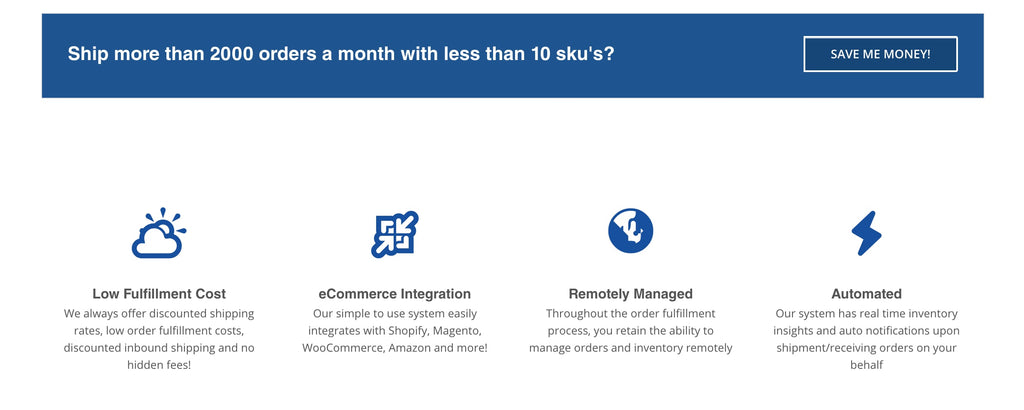
Pros:
- Transparency in pricing and quotation.
- No minimum orders required.
- Low fulfillment cost with discounted shipping rates and fees.
- Real time inventory insights and auto notifications upon shipment/receiving orders. Reliable cloud-based services
- Up-to-par ecommerce Integration, including but not limited to Amazon, Shopify, Magento and WooCommerce
Drawbacks:
- If you have consistent order volume over time and are confident that the costs can be covered by your margins, going for Xpert Fulfillment makes sense. However, if you're a small retailer with modest growth forecast, using Xpert Fulfillment service might not make much sense financially.
12. Cenports
Compared to other fulfillment companies in this list, Cenports aims high: “While other 3PL companies focus individually on sales, fulfillment, or analytics, we target the crucial intersection of the three. With our one-stop e-commerce drop shipping and order fulfillment service, we enable merchants and entrepreneurs to thrive and grow without having to manage orders and inventory on their own.”

Pros:
- Cenports does not just help their customers in fulfilling orders, they help with market penetration. This is why they have several noteworthy features that set them apart - including a Dedicated Account Manager who provides a solution within 24 hours to help you with your account, or Helping you to sell more products by connecting you to an extensive network of online retailers and marketplaces.
- Real-Time Sales Integrations: Cenports' technology connects to a vast network of sales channels to get your orders in real time and generate an immediate pick list.
Drawbacks:
- As a relatively new Fulfillment company, there's not much information you can find about Cenports's service and product suite.
13. Whiplash
With over 20 twenty shipping facilities throughout the US, Canada and UK up their sleeves, Whiplash prides in being the modern ecommerce fulfillment - built to scale for growing ecommerce retailers.

Let's take a look inside its notable pros and features:
Pros:
- Easy setup and installation with strong customization capacity, especially for order flow.
- Standard integration with leading Shopping carts and ecommerce platforms.
- Discounted shipping rates with selected carriers with guaranteed time in transit certainty.
- Real-time tracking and report. Inventory management and API key available for further customization.
Drawback:
- There's have been complaints from Whiplash's customers about the fluctuating quality of their support service.
14. FedEx Fulfillment
FedEx Fulfillment is a third-party provider that manages a lot of international shipping and order fulfillment. It has a global footprint with several centrally-located hubs that are accessible from its European Global Distribution Center. If your eCommerce store frequently ships overseas, you'll need to have a fulfillment service provider just like FedEx Fulfillment who can easily handle international shipments.

Pros:
- A well-known company that has many excellent eCommerce integrations
- The platform is easy to use for beginners
- Fast delivery times
- Handles a large number of overseas shipments regularly.
Drawbacks:
- Product-based batch fulfillment isn’t available in FedEx Fulfillment.
- If you need help with anything, you’ll see their customer service is inconsistent.
15. Fulfillment.Com
Fulfillment.com can handle large orders if you have a high volume of companies and need to look at fulfillment organizations other than Amazon FBA. This platform can help you automate your fulfillment, reduce shipping costs, and expand into new markets. Here orders are processed on the same day they are placed.

Pros:
- Fulfillment.com efficiently handles orders in large quantities
- Orders are processed using a highly reliable cloud-based platform
- Fulfillment centers are located across the whole world
- Each customer has an account manager assigned to them
Drawbacks:
- Their customer service isn't so good as it’s not always available
- Any fee you deposit here is non-refundable
16. FreightPros
It is ideal for small businesses because it allows you to process extremely small and large orders. For instance, FreightPros will ship a single item in the very same way that bulk and huge orders are shipped.
This service gives users access to a variety of options that make the whole process simple and easy, such as the ability to control shipments directly, track orders anytime, and appreciable customer support.

Pros:
- All issues regarding order management are fixed quickly.
- Personalized communication is also available here.
- Excellent customer service since they manage the entire procedure on behalf of clients.
- While selecting a plan, you’ll get suitable price recommendations
- The onboarding procedure is quite simple.
Drawbacks:
- Here you will see many overcharges.
- Because the organization is just so busy, you can face a lot of downtimes.
17. Simpl
This platform is certainly one to consider if you're searching for a reliable solution that allows you to easily manage and grow your eCommerce business, download information for your new products, and sync current ones. Simpl has developed its whole system on the basis of improving the trust of its customers. The platform is simple to use and delivers outstanding logistics and order fulfillment services to clients.

Pros:
- Simpl comes with many effective integrations such as WooCommerce, Shopify, 3DCart, BigCommerce, Squarespace, Spree Commerce, Magento, and OpenCart. Kickstarter, Groupon, and Indiegogo integrations are also available.
- Here you’ll get inventory management in real-time
- You can easily manage SKUs and all your shipments, receipts, and returns.
Drawbacks:
- Entering KYC details and creating a Simpl account is still not feasible with the Simpl app (being developed)
- You might not be able to afford Simpl's price options, or you may not want to pay for payment gateway options that your company never uses.
18. WhiteBox
All of the elements of fulfillment, shipping options, and storage fees are combined into a single solution. That is exactly what WhiteBox is! Not only will this platform cater to small businesses but if you need to scale, WhiteBox will make it simple to do that and reach out to additional clients on a worldwide level.
This eCommerce fulfillment service eliminates all unnecessary costs and lessens the additional fees that other platforms charge. They do, though, charge a $3,000 onboarding fee and a ten percent commission on overall sales.

Pros:
- Here you can get many suitable predictions, forecasts, quality control, and reliable stock maintenance
- Product listings are SEO-friendly and with the help of some built-in tools, you can improve your listings.
- Excellent client service
- There are no additional charges.
Drawbacks
- For the cold chain compliance, there is no refrigeration, frozen warehousing, or climate control
- The platform is not well-optimized for B2B sales
- Inconsistency in pricing
19. Shipfusion
Shipfusion got its start when an e-commerce company constructed its own fulfillment technology and then decided to market it as a service. Shipfusion claims to work with a variety of businesses, most of which carry lightweight items like vitamins/supplements, health and skincare products, jewelry, sporting goods, and tiny gadgets. You can find out how much it costs by directly contacting the company.

Pros:
- Here you’ll get strict security protocols.
- Their onboarding is pretty good. The team is incredibly responsive.
- Shipfusion comes with great integration with e-commerce platforms
Drawbacks:
- A minimum of 500 shipments per month is required. So, smaller companies may need to look elsewhere.
- Some misunderstanding regarding pricing and fees in the beginning. Prices are not clear, probably due to the nature of the industry, not because of the company.
20. Ships-a-Lot
Ships-a-Lot is an independent e-commerce fulfillment service that has been working for more than 3 years. Most of this company's customers sell on Shopify, while the organization can also manage multi-platform purchases on Amazon as well as on some other common marketplaces. Here orders are processed and shipped within just a few hours and that’s why customers stay very happy with Ships-a-Lot.

Pros:
- It can handle multi-platform sales on Shopify, Amazon, and other platforms
- Within a few hours, your order will be processed and sent.
- Reasonable price with excellent customer support
Drawbacks
- Because it only has one warehouse, organizations that have to manage a lot of goods would need to look for another company with high storage options.
21. Ingram Micro Commerce and Lifecycle Services
Ingram Micro purchased the e-commerce fulfillment service “Shipwire” in 2013 and combined it with BlueIQ, an IT wealth management system. This combination is now a world-class logistics platform aimed at multinational corporations and eCommerce merchants. It’s a 3PL & ITAD service that covers the full commerce lifecycle of any product, enabling you to survive in this modern commerce world.

Pros:
- Ingram Micro has a large number of e-commerce fulfillment centers, some of which are owned and some of which are leased.
- They provide really good backup solutions and disaster recovery
- Pricing for HPE servers is reliable.
- Cloud data is well protected.
Drawbacks
- Their site as a whole is slow. It’s really difficult to find the exact things you want on the site.
- Several online customer complaints can be seen concerning the company's customer support services
22. Sprocket Express
Sprocket Express was introduced in 2005 to deal with a huge number of e-commerce entrepreneurs. This eCommerce fulfillment service concentrates on European businesses with U.S. and Canadian clients who could benefit from shipping within North America. Approximately 70% of its clients are currently based in the United States.

Pros:
- Sprocket Express provides whole eCommerce Fulfillment
- It integrates with Shopify, eBay, Amazon, and many other platforms
- Provides e-commerce companies with a full variety of back-office and technical support services.
Drawbacks
- It's a little on the pricey side. Sprocket Express charges a monthly cost to keep an account open from its system, which covers software use and customer support services. Extra customer support time is charged at a higher rate.
23. ShipStation
ShipStation works very well with BigCommerce, Magento, and Shopify. Its monthly subscription packages are affordable, starting from just $25. Another good thing about ShipStation is its shopping cart integration, while shipping and orders are fully automated on the backend. ShipStation allows you to put your own branding to packaging and everything that goes into the packaging process.
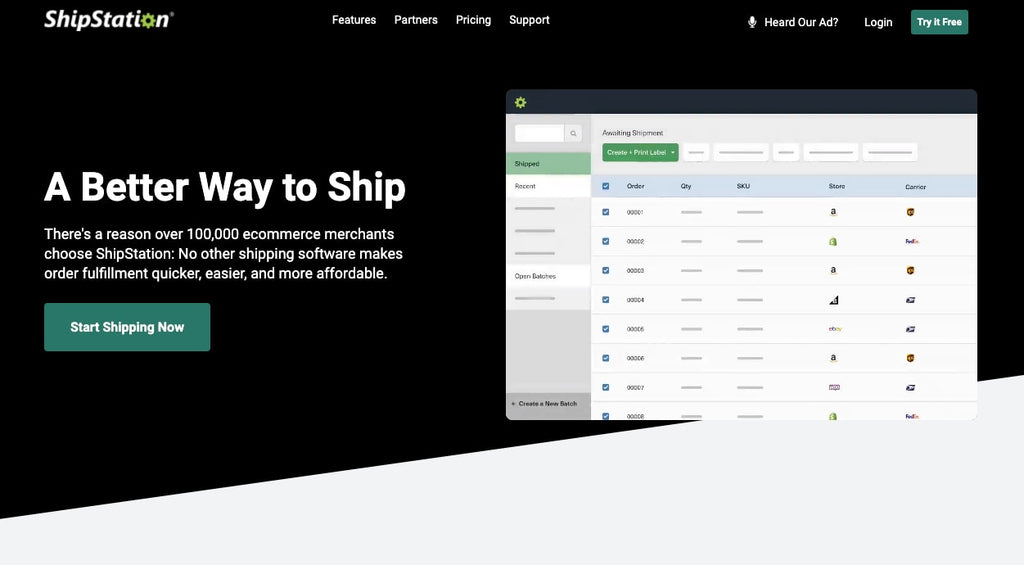
Pros:
- Rates for shipping are calculated in real-time.
- Numerous advanced features are available here
- Integration with many third-party applications
- Excellent features with low price
Drawbacks:
- The phone call option isn’t available for customer service
- Alerts are ineffective and can’t be customized
- To help eliminate picking and packing errors, barcode scanning isn’t available here.
24. Deliverr
Whether you’re selling through Wish, Shopify, Amazon, eBay, or Walmart, Deliverr can provide you with a quick and easy plan to handle all your eCommerce fulfillment needs. It's a simple and easy-to-understand platform. With just an email, you can register here for the warehousing and inventory management services. A cost calculator is available on their site by which you can enter your product information and they’ll indicate what you would pay for storage and fulfillment with Deliverr.

Pros:
- With a 2-day delivery time, it provides a great customer experience
- Here you’ll get assistance for your fulfillment and warehousing needs
- The UI is simple to understand.
- Clear and reliable pricing
Drawbacks:
- Some options, such as WooCommerce, are not integrated.
- You may have to split your orders and deliver them to different warehouses.
Read more:
- How To Sell on Walmart Effortlessly: An A-Z Guide
- How To Sell on Wish Successfully: The Ultimate Guide
Knowing when outsourcing is right for your business
There's no magic question to ask that lets you know definitively if outsourcing to one of these partners is the right move for your company or not. Outsourcing a core aspect of a business such as fulfillment requires you to take an in-depth look at your capabilities and warehouse space and the costs to shift inventory.
Outsourcing can be scary because you lose control over how your products are stored, handled, and shipped to customers. However, the benefits typically include improved order accuracy rates, lower costs per order, and reduced risk to people and products. When your own facility and fulfillment prices start to run away, or you end up paying a lot of overtime to prevent delays, it's likely time to start considering a partner.
Companies also tend to get faster shipping speeds when they first can outsource because 3PLs have the people, policies, and software designed to speed up the pick, pack, and ship process. You get access to experts without having to find and hire them.
Look at your company's needs. Explore what you can do and where you're struggling to keep up with demand or satisfaction levels. Ask how these partners can help. You should be able to get clear responses tailored to your business, products, and customers.
Find a partner who treats you well, is clear about pricing, and earns your trust during the RFP stage. It's the best way to ensure you have a partner who will stand by you when times are tough and meet their guarantees around order speed, accuracy, and more.




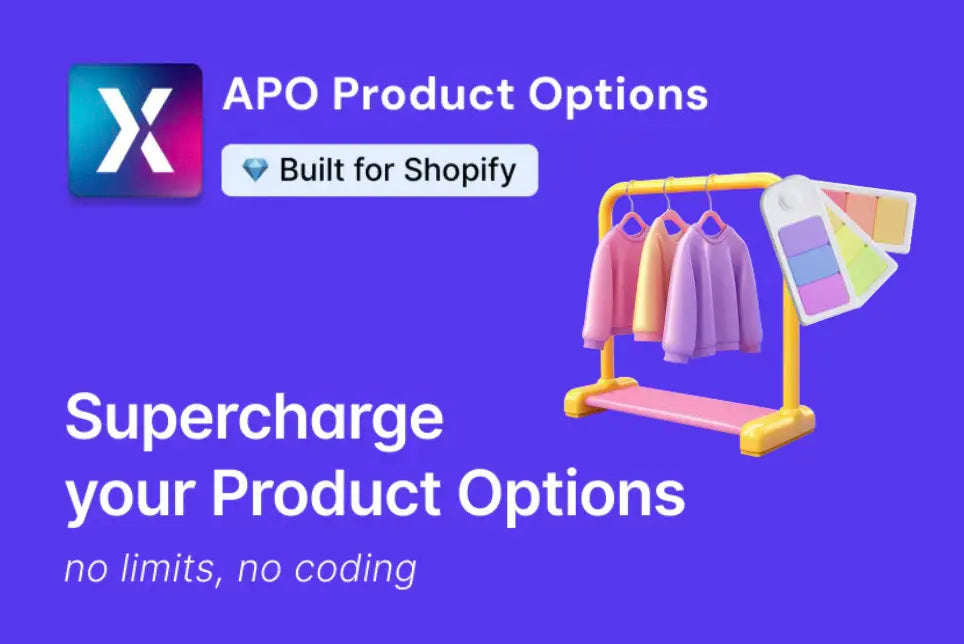
![22+ Best eCommerce Fulfillment Services for Your Online Store [Updating]](http://pagefly.io/cdn/shop/articles/fulfillment-network_da4e4f15-69c2-4063-9729-5e6e9e928844.jpg?v=1743385432&width=1600)
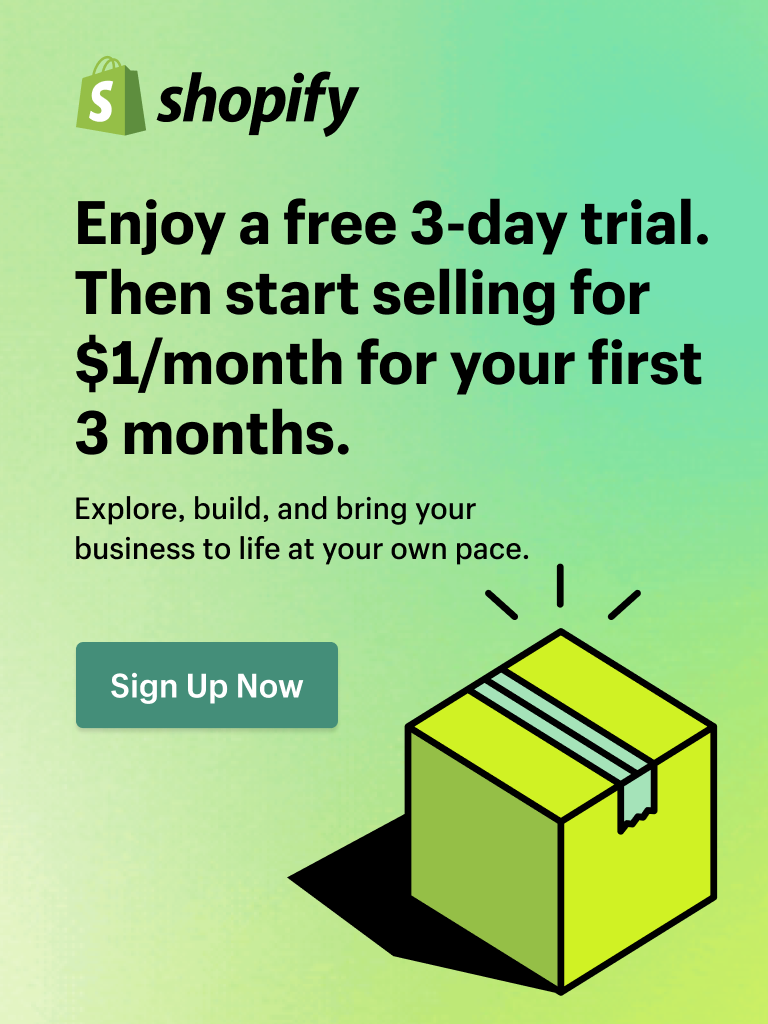
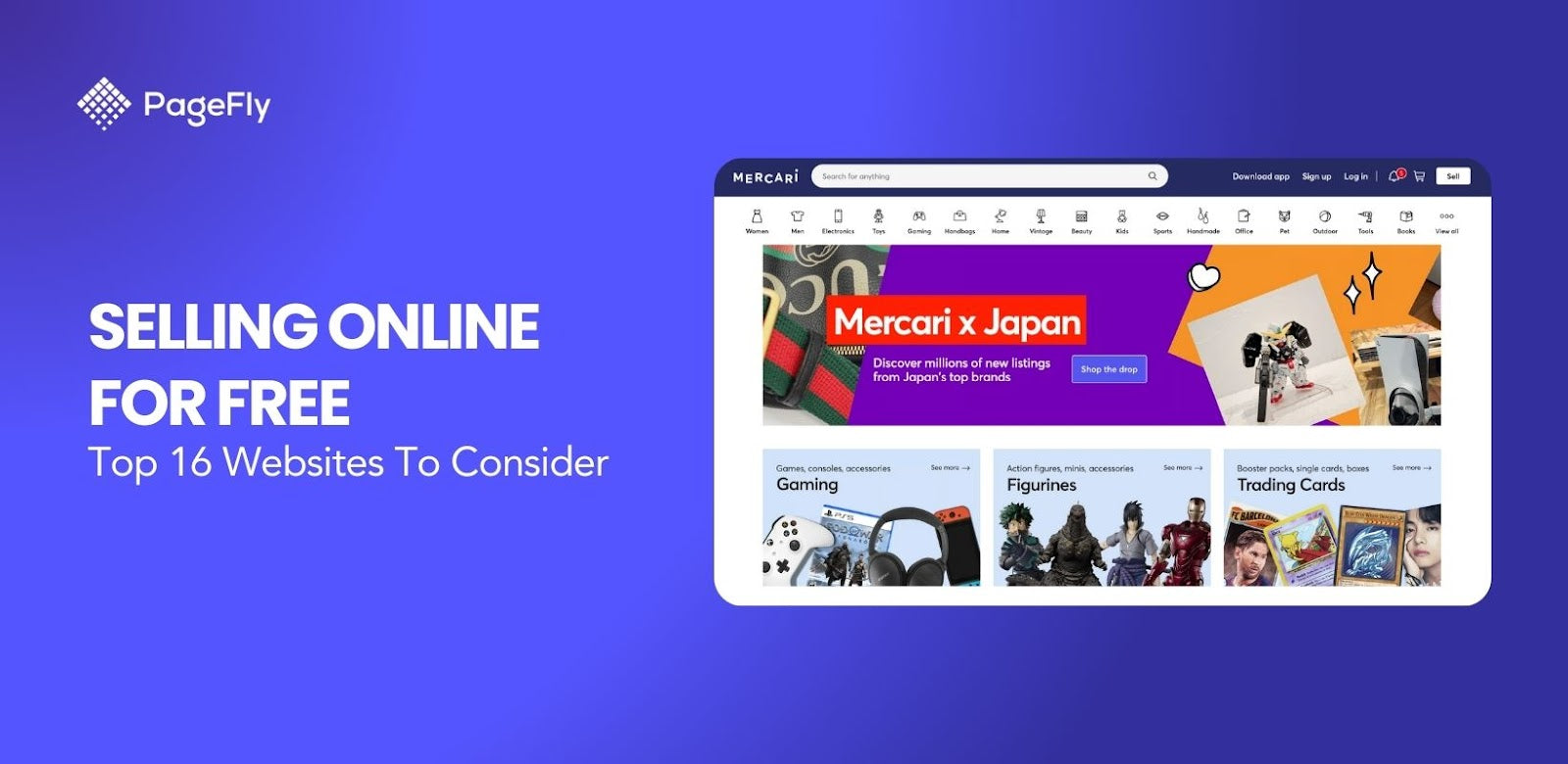
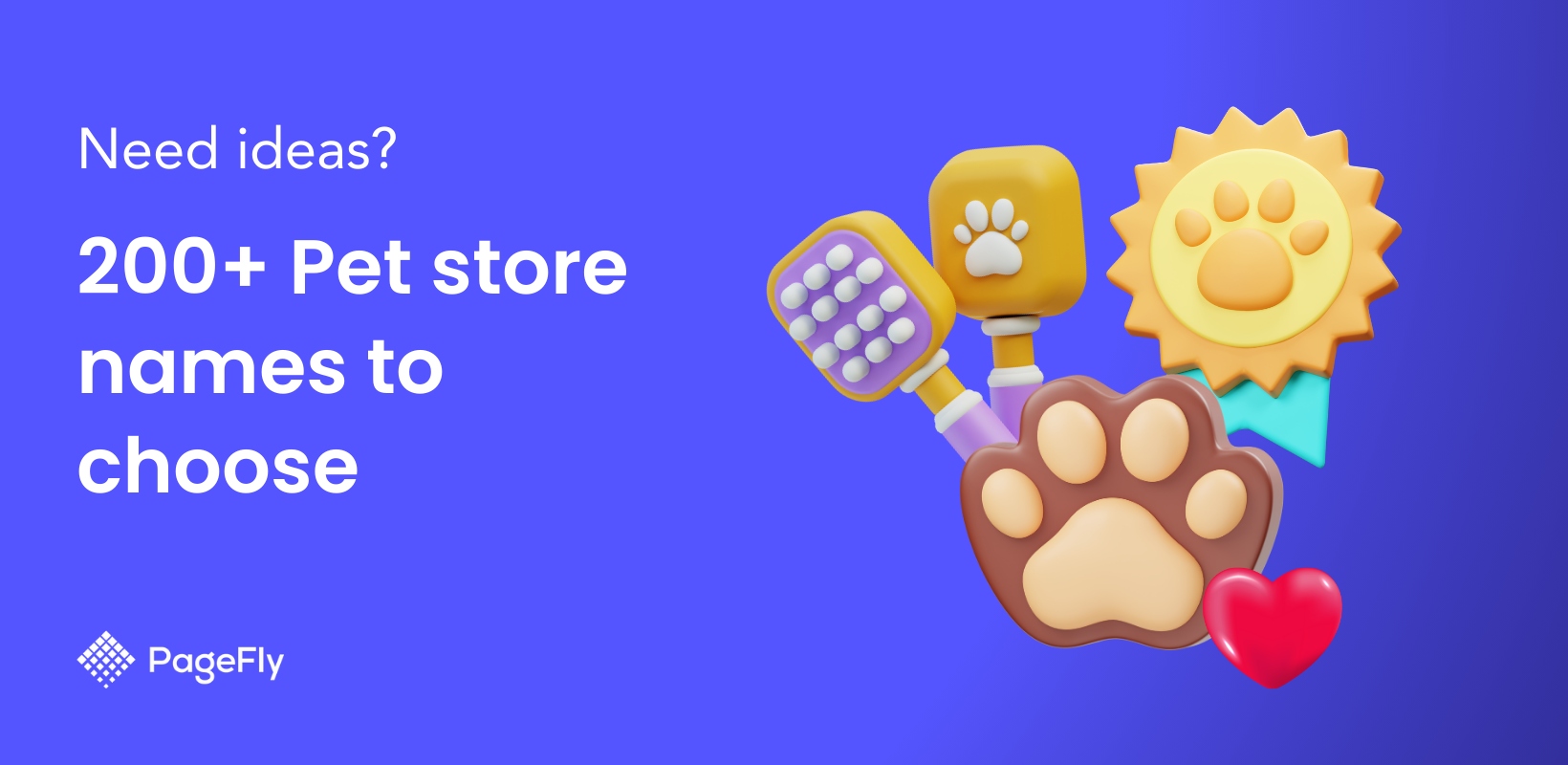
![14 Profitable Small Food Business Ideas for 2025 [Real Numbers]](http://pagefly.io/cdn/shop/articles/1_58b587d2-13db-4aa6-8c19-e40f5c88d3eb.jpg?v=1758255771&width=4460)
![Art Business Names: 350+ Ideas + Free Generator [2025 Updated]](http://pagefly.io/cdn/shop/articles/art_business_name_e94a54e9-d325-4ba3-94ab-7b4297952312.png?v=1760062968&width=1640)
